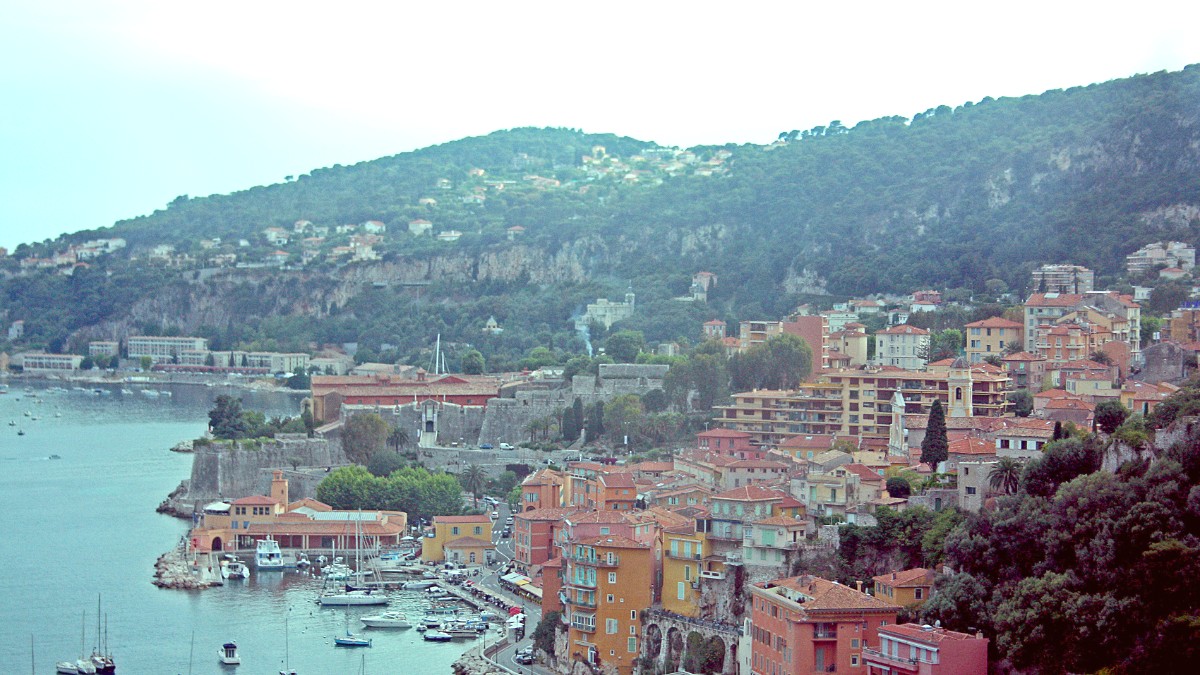
France
The town experiences a Mediterranean climate, characterized by warm, dry summers and mild, wet winters.
Average temperatures and general weather conditions throughout the year:
High season, shoulder season, and low season offer different experiences:
High Season (June-August) brings warm weather, ideal for water activities, but also crowds and higher prices. Shoulder Season (April-May, September-October) offers pleasant temperatures with fewer crowds and moderate prices. Low Season (November-March) has the lowest prices and few tourists, but cooler weather and reduced seasonal businesses.
Be aware of potential climate events.
Strong winds may occur, especially in spring and autumn, possibly affecting sea conditions.
July and August can bring prolonged high temperatures. Sun protection is necessary.
Occasional heavy rainfall in October-November.
Heavy rain can lead to localized flooding in low-lying areas.
Local authorities issue warnings during high-risk periods.
When to enjoy specific experiences.
Mid-June to mid-September for warm sea temperatures.
April, May, September, and October for comfortable temperatures.
France is a member of the Schengen Area, a zone of 27 European countries that have abolished passport and other types of border control at their mutual borders. Non-EU/EEA/Swiss citizens typically require a Schengen visa for stays up to 90 days within any 180-day period. This visa permits travel throughout the entire Schengen zone.
Citizens of many countries, including the USA, Canada, UK, Australia, New Zealand, Japan, South Korea, and Brazil, do not require a visa for tourist stays up to 90 days. You receive a stamp in your passport upon entry, indicating your arrival date.
For those requiring a visa, applications are sent to the French Embassy or Consulate in your country. IVisa and VisaHQ offer assistance.
Completing an online application form is typically the first step.
Schedule an appointment and submit a range of documents. Begin well in advance.
No specific health-related entry requirements for general tourism. Check advisories.
France has no general entry fees for tourists upon arrival.
The French Riviera can be a costly destination, but smart choices help manage expenses.
The official currency of France is the Euro (€). ATMs ("Distributeurs Automatiques de Billets" - DAB) are widely available. Most establishments accept major credit cards.
These are average daily estimates and can fluctuate based on specific choices and the season.
Tipping expectations in Villefranche-sur-Mer:
While France generally poses few health risks and has a good safety record, preparation for common situations is useful.
Mediterranean sun can be intense. Use High-SPF sunscreen, wear a Wide-brimmed hat, seek shade during peak hours.
Drink plenty of water. Carry a Reusable water bottle to refill often.
Pack a Basic first aid kit for common issues.
Emergency Number: Dial 112 for all emergency services.
Pharmacies (Pharmacie), identified by a green cross, offer advice and dispense medications. For non-emergencies, ask your hotel for a local doctor. Major hospitals are in Nice.
Tap water is safe to drink throughout France. Food hygiene standards are high. No specific concerns regarding street food or market produce.
No specific vaccinations are required for entry from most countries. Consult your healthcare provider for personalized recommendations.
Villefranche-sur-Mer is generally a very safe town with low crime rates.
Pickpocketing may occur in crowded areas (markets, public transport in Nice). Stay vigilant. Secure valuables with Anti-theft bags.
No specific neighborhoods in Villefranche-sur-Mer are considered unsafe.
While generally safe, awareness of natural hazards is a good practice:
Keep these essential numbers handy for any urgent situation:
Dial 112 (European emergency number for Police, Fire, Ambulance).
Police: 17, Fire Department: 18, Ambulance (SAMU): 15.
Contact your country's embassy or consulate in France immediately for lost passports or documents.